We know a lot.
I mean… there is a lot of “knowing” in our current world. So many experts, so much knowledge; and this knowledge spreads so rapidly, available with a few mere strokes on a keyboard or request from google or Siri. And I’m talking evidence-based, empirical knowledge, “facts,” educated theories, research-based, deep understanding. Not just internet crap, but people who really KNOW. (Of course there’s a lot of “internet knowing,” too, which is just…. Well, for another conversation.)
We have evolved to the point where our knowing is profound.
Sheesh, we know a lot. And yet, there may be a shadow to all this knowing. We may be missing something, all of us constantly touting our wisdom, our understanding, our intellect.
I find, as I spend more time on this earth, that I am most interested in those people who don’t always “know.” I love listening to the experts, however, I have a particular draw to those experts who are simultaneously interested in the vastness beyond their own understanding. I’m attracted to flexible minds, those who are curious and open, not rigid in their thinking; people who may have strong opinions and are educated in those opinions, but also value the opinions and differing origins of others’ beliefs, who are willing to be taught, to accept influence, to broaden their perspectives, while still holding to what feels most true to them.
Human beings like to know. We like the certainty that concrete truth allows us to feel, and facts provide a sense of safety. Questioning requires openness, it asks us to dive into possibility and let go of control, it invites the part of the mind that grasps onto some illusion of reality to consider the limitations of our own minds.
How do we ever learn or grow if we are so closed to the possibility of “not knowing?”
It’s scary, right? Not knowing. It’s uncomfortable, especially when we know the comfort and safety of knowing something so certainly, that we can relax in what we believe to be TRUTH.
But not knowing…? That’s vulnerable. That takes emotional tolerance. That strength, to me, is incredibly attractive.
I was humbled a year or so ago when I went to a new dance class—Zouk. I’ve practiced so many forms of dance, for most of my life, and I feel comfortable in my body; learning new steps, new rhythms, new ways of following and connecting with a partner, and with myself. But I was essentially told to “stop knowing.” My knowing was inhibiting my learning. I was moving in my knowing body, and so my body wasn’t open to what I didn’t know. I was following my lead from a place of “knowing how to follow,” and it kept me from listening with my body in a new way. It took letting go of the identity of “a dancer,” to become “a learner.”
How often do we get caught in the comfort of knowing, and forget the depth, knowledge, perspectives, and complexities of the worlds beyond what our tiny little minds can grasp? And what do we miss in the process?
I remember learning about the arc of competency years ago—The beginning of the arc is “unconscious incompetence,” where we have no idea what we don’t know. Then we move toward “conscious incompetence,” where we begin to understand and know all that we don’t know—the worlds of knowledge that are beyond us. After some exploration and practice, we begin to feel “consciously competent,” and as we practice more and more, to the point where we don’t have to think about our knowing, we become “unconsciously competent.” It’s a lovely progression toward deep knowing. And yet all knowing begins with NOT KNOWING. So to learn, to grow, we have to first NOT KNOW.
What might it be like to develop a practice of not knowing?
Maybe we should all try not knowing for a few days, here and there. Those moments when the impulse is to share some piece of advice, some profound insight, to share and remind ourselves of our competencies… maybe we attempt a simple pause, deepening into curiosity about “what else,” and develop a practice of not knowing.
I’d love to hear what you don’t know.
For the Love of your Life,
Angie


